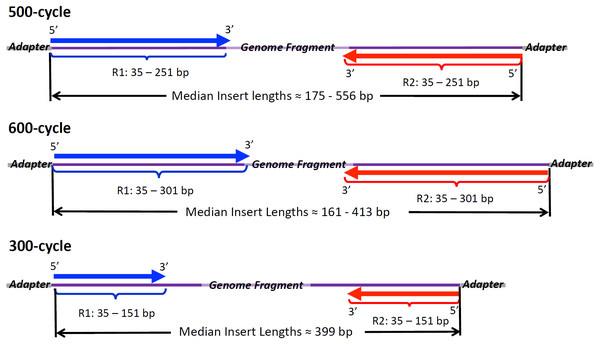Sampling the taxonomy database
I was a little frustrated that every time I wanted to try out my new Bio::DB::Taxonomy-based script, it would take a few minutes to run…. and then I would find the bug in my script, fix it, and run it again. I couldn’t find a small example database to run my script on, and so I created one. This is the NCBI taxonomy, spliced for just Firmicutes (taxid: 1239) Enjoy!
# Filter the nodes file.
# I used a recursive function printChildren to
# print the taxonomy lines.
perl -F'\t\|\t' -MData::Dumper -lane '
BEGIN{
sub printChildren{
my $parent=shift;
return if(!$child{$parent});
for my $child(values($child{$parent})){
print $nodes{$child};
printChildren($child);
}
}
}
push(@{$child{$F\[1\]}},$F\[0\]);
$nodes{$F\[0\]}.=$\_;
END{printChildren(1239);
}' < nodes.dmp > exampleNodes.dmp
\# Backtrack and filter the names file.
perl -F'\t\|\t' -Mautodie -lane '
BEGIN{
open($fh, "names.dmp");
while(<$fh>){
my($nodeID)=split(/\t\|\t/);
$names{$nodeID}.=$\_;
}
close $fh;
print STDERR "Indexed! Searching and printing.";
}
chomp $names{$F\[0\]};
print $names{$F\[0\]};
' < exampleNodes.dmp > exampleNames.dmp
Show that the taxonomy has been significantly filtered to one or two orders of magnitude.
$ wc -l \*.dmp
107700 exampleNames.dmp
79466 exampleNodes.dmp
2401017 names.dmp
1614627 nodes.dmp
4202810 total
Then, loading the database in BioPerl:
use Bio::DB::Taxonomy;
$db = Bio::DB::Taxonomy->new(-source=>"flatfile", -nodesfile=>"exampleNodes.dmp", -namesfile=>"exampleNames.dmp");


